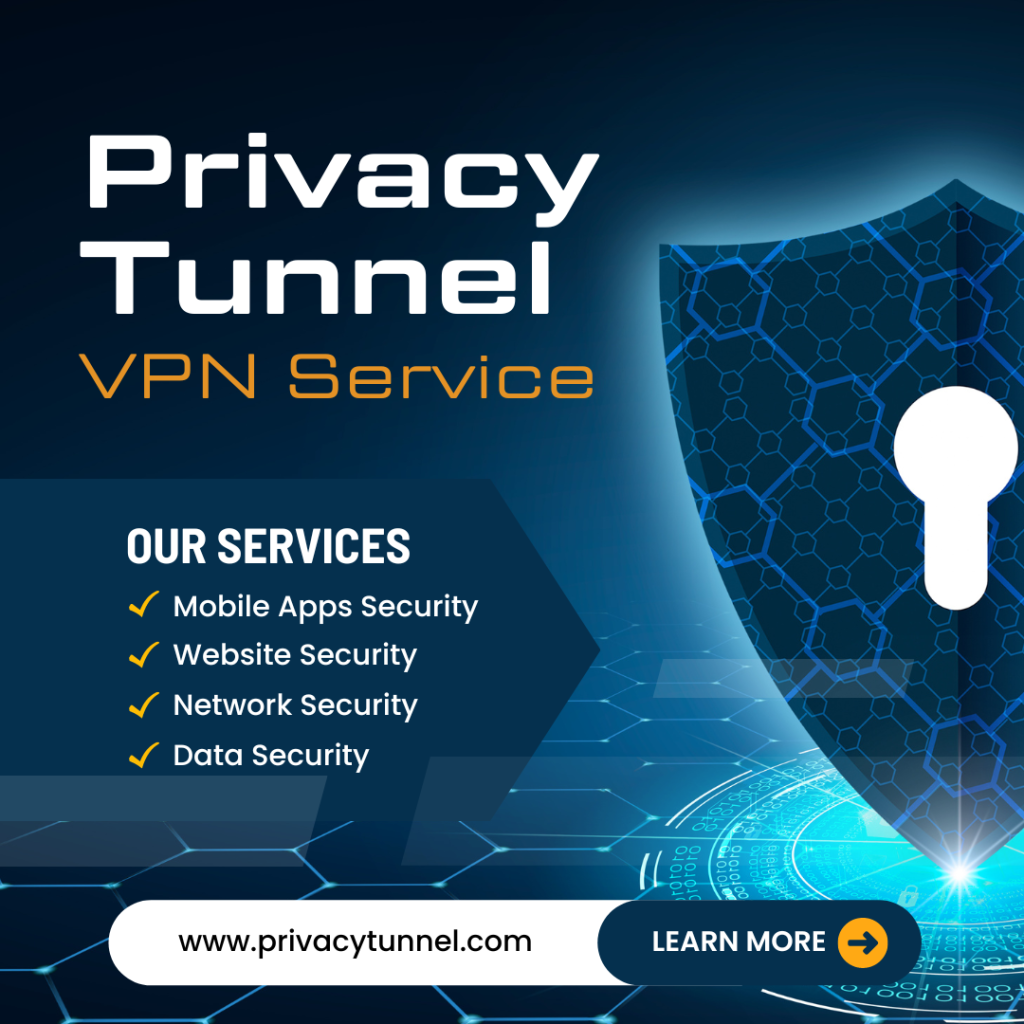
In today’s digital age, where privacy breaches and data theft are rampant, ensuring our online safety has become paramount. Virtual Private Networks (VPNs) have emerged as a popular tool to safeguard our digital footprint, promising anonymity and security. However, amidst the myriad of options available, the question of trust in VPNs looms large. Can we truly rely on these services to protect our data and privacy? Let’s delve into the intricacies of trusting VPNs.
First and foremost, understanding the role of a VPN is crucial. At its core, a VPN encrypts your internet connection, routing it through a server operated by the VPN provider. This process masks your IP address and encrypts your data, shielding it from prying eyes such as hackers, government agencies, or even your internet service provider. The promise of anonymity and security is indeed enticing, but it hinges on the reliability and integrity of the VPN service.
The landscape of VPN providers is diverse, ranging from established names to lesser-known entities. Trusting a VPN entails scrutinizing its reputation, policies, and practices. Reputable providers are transparent about their logging policies, ensuring they do not store any sensitive user data. Look for VPNs with a strict no-logs policy, meaning they don’t retain any information about your online activities. This fundamental principle is central to fostering trust in a VPN.
Moreover, consider the jurisdiction in which the VPN operates. Some countries have stringent data retention laws or are part of intelligence-sharing alliances, posing potential risks to user privacy. Opting for a VPN headquartered in privacy-friendly jurisdictions, such as Switzerland or the British Virgin Islands, can bolster confidence in its commitment to safeguarding user data.
Beyond policies, the technical infrastructure of a VPN plays a pivotal role in instilling trust. Robust encryption protocols, such as OpenVPN or IKEv2/IPsec, ensure the confidentiality and integrity of your data during transit. Likewise, a wide server network with diverse locations enhances both performance and anonymity by providing numerous exit points for your internet traffic.
However, trusting a VPN isn’t solely contingent on its features and infrastructure; user reviews and independent audits offer invaluable insights into its reliability. Reputable VPN providers often undergo third-party audits to validate their claims regarding security and privacy. Scrutinize user reviews and expert assessments to gauge the overall reputation and performance of a VPN before entrusting it with your sensitive data.
Furthermore, consider the VPN’s stance on transparency and accountability. A trustworthy VPN should promptly address security vulnerabilities, communicate openly about any incidents, and continually strive to enhance its services. Transparency builds credibility and fosters a sense of trust between the provider and its users.
While VPNs offer a layer of protection against online threats, they are not impervious to scrutiny. Some adversaries, such as advanced state-sponsored actors, possess the resources to circumvent VPN defenses. It’s essential to recognize the limitations of VPNs and complement them with other security measures, such as using strong, unique passwords, enabling two-factor authentication, and keeping software up to date.
Moreover, beware of free VPN services that monetize user data through invasive practices such as injecting ads or selling browsing history to third parties. Remember, if you’re not paying for the product, you’re likely the product. Invest in a reputable VPN service that prioritizes user privacy over profit.
Trusting a VPN involves a delicate balance of evaluating its features, policies, and reputation. While no VPN is infallible, selecting a trustworthy provider can significantly enhance your online security and privacy. Conduct thorough research, read reviews, and prioritize transparency when choosing a VPN that aligns with your needs and values.
In conclusion, trusting a VPN requires diligence and discernment. By opting for reputable providers with robust security measures and transparent practices, you can navigate the digital realm with confidence, knowing your privacy is safeguarded against prying eyes. VPNs serve as indispensable tools in preserving online anonymity and security, but ultimately, trust is earned through transparency, reliability, and commitment to user privacy.


